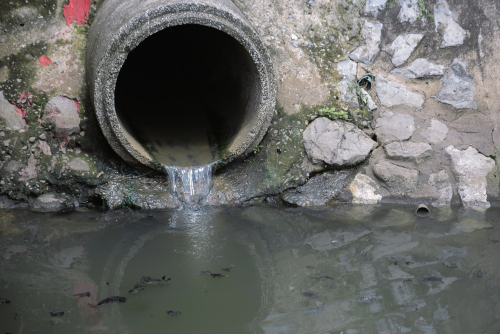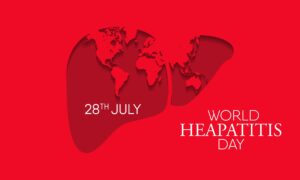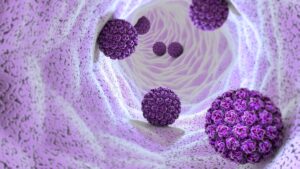
WORDS DR SAPNA SHRIDHAR PATIL & ASSOCIATE PROFESSOR DR VENUGOPALAN KULANKARA BALAN
| FEATURED EXPERTS |
 DR SAPNA SHRIDHAR PATIL DR SAPNA SHRIDHAR PATILSchool of Medicine Faculty of Health and Medical Sciences Taylor’s University |
 ASSOCIATE PROFESSOR DR VENUGOPALAN KULANKARA BALAN ASSOCIATE PROFESSOR DR VENUGOPALAN KULANKARA BALANSchool of Medicine Faculty of Health and Medical Sciences Taylor’s University |
Recently, our Ministry of Health detected SARS-CoV-2, the virus responsible for COVID-19, during wastewater surveillance at airports in the country. It was also reported that China has begun SARS-CoV-2 wastewater surveillance for selected cities after the cessation of the country’s zero COVID policy.
WASTEWATER SURVEILLANCE EXPLAINED
In wastewater surveillance, samples of untreated sewage from selected communities and institutions are routinely collected and sent to laboratories for identification and quantification of virus content and testing for different or new virus variants.
Benefits of wastewater surveillance
- It provides a rapid real-time ‘snapshot’ of the disease prevalence in the community where the wastewater was sampled from.
- Wastewater surveillance also addresses challenges of disease under-reporting due to asymptomatic infections, self-home treatment, and delayed or absent notifications from medical practitioners.
- Information from wastewater surveillance can be used to monitor disease burden patterns, reintroduction or emergence of a new pathogen/variant, and even evaluate the impact of community behavioural campaigns such as masking and physical distancing.
An example of the importance of wastewater surveillance is the detection, in 2022, of wild polio virus in sewage samples during routine testing in London and New York before any clinical cases were reported. This prompted the local health authorities to implement immediate measures to enhance the coverage of primary polio vaccination together with polio boosters in at-risk communities.
Limitations of wastewater surveillance
However, wastewater surveillance cannot replace the existing disease notification system and clinical testing as the wastewater comes from pooled community sewage samples and cannot be used for individual diagnosis.
Apart from this, technical and logistic challenges can also affect the accuracy of the results of wastewater surveillance.
Nonetheless, the information from an effective wastewater surveillance system can greatly complement existing notification system, as it provides an early warning alert for local health authorities to implement prompt targeted interventions in the communities at risk.
WASTEWATER SURVEILLANCE & COVID-19 DETECTION
Since the emergence of the COVID-19 pandemic in 2020, there has been ongoing research into the transmission dynamics and ways to curb the disease spread.
It is known that the SARS-CoV-2 virus spreads mainly through oral and nasal secretions. However, the virus is also shed in stools for prolonged periods of time. Individuals infected with the virus can shed the virus in their stools, irrespective of whether they have symptoms of COVID-19.
Wastewater surveillance has been implemented in many countries as an environmental monitoring tool to rapidly detect the presence of the SARS-CoV-2 virus in a community and enable local health authorities to be aware of the transmission risk factors, emergence of new variants, and the impact of community preventive measures.
Hong Kong
Hong Kong detected the delta variant in the sewage samples since the end of December 2020 and strengthened public health interventions by informing the public about the common symptoms, and the importance of continuing physical distancing and masking, in addition to hand hygiene and respiratory etiquette.
United States
In July 2022, California researchers reported that sampling of community wastewater in San Diego detected the presence of the alpha, delta, epsilon, and omicron COVID-19 variants up to 14 days before they started appearing on nasal swabs. This implies that wastewater surveillance applied to transportation-based sanitation systems can serve as an early indicator of possible community transmission.
SO, SHOULD WE BE WORRIED ABOUT COVID-19 IN OUR WASTEWATER?
The general public need not be alarmed by the news regarding the detection of the SARS-CoV-2 virus in human waste.
As COVID-19 has now become endemic across most countries around the world, the detection of the SARS-CoV-2 virus in sewage samples is not an unusual finding.
From the Ministry of Health’s initial reports, the variants isolated are already in circulation in Malaysia and the risk posed to human health and the environment is minimal.
However, being aware of such a system enables all of us to be better receptive of updated information shared by the Ministry of Health from time to time.





